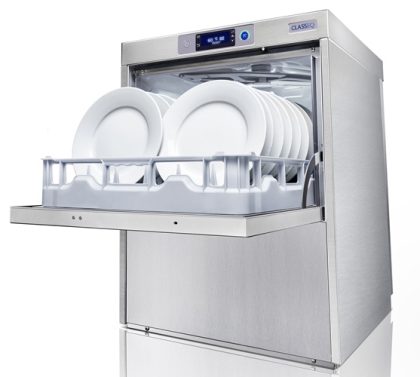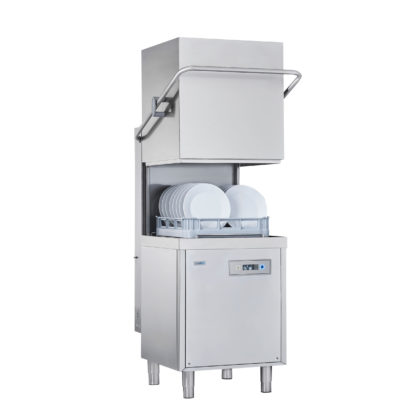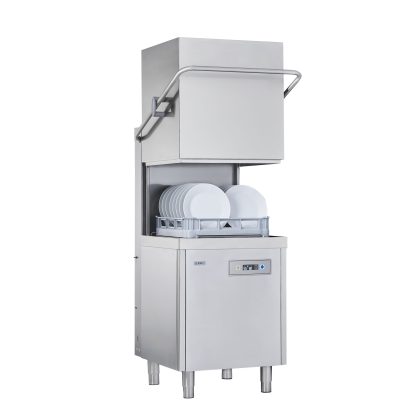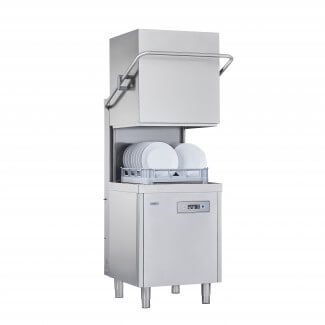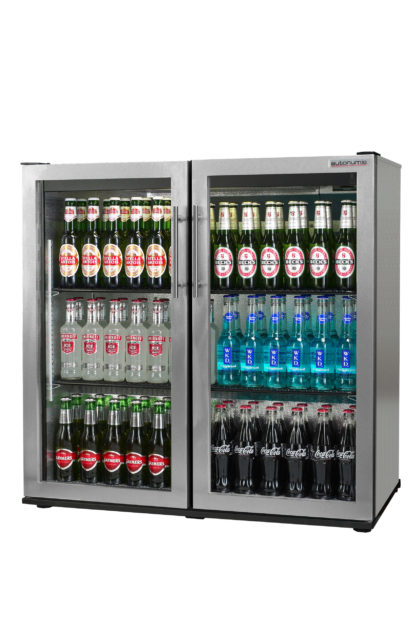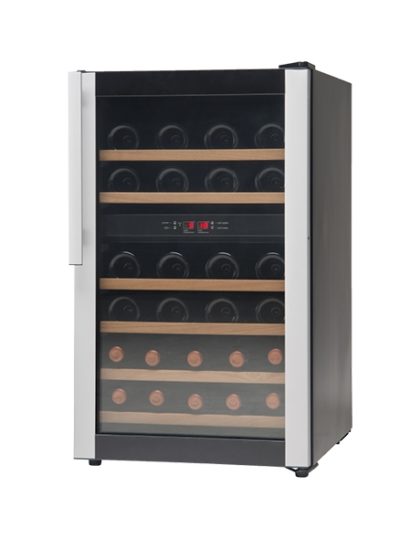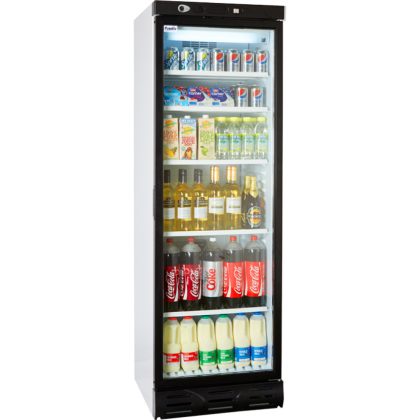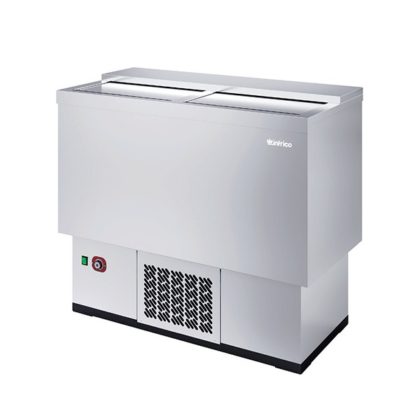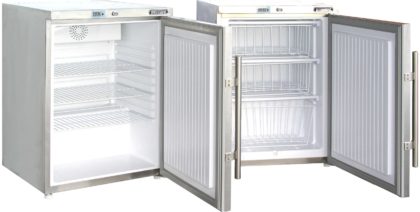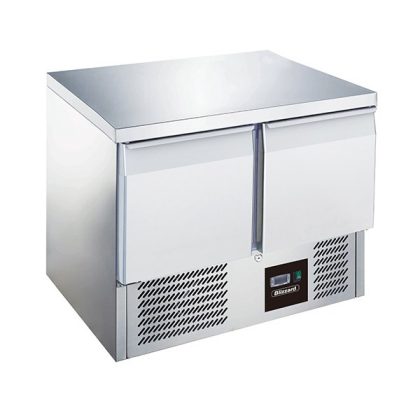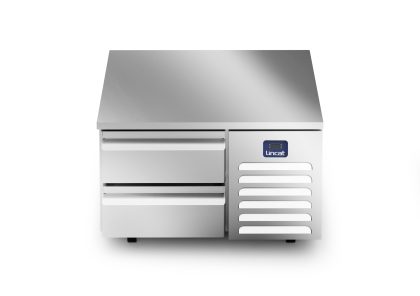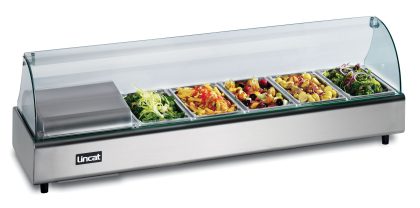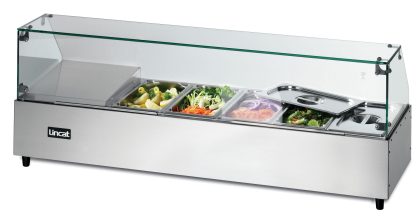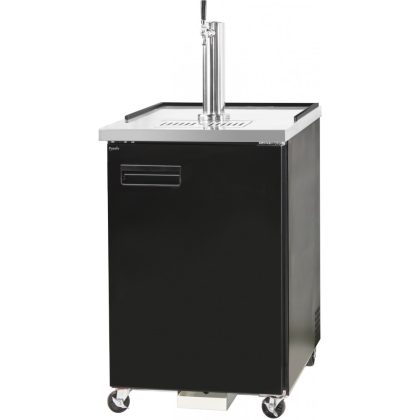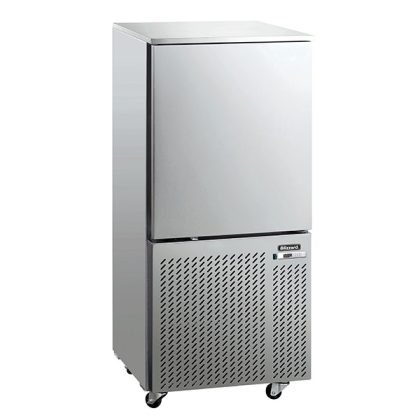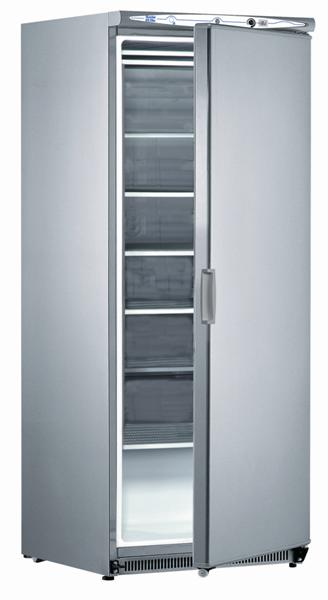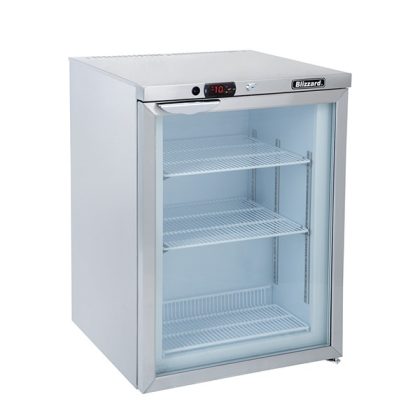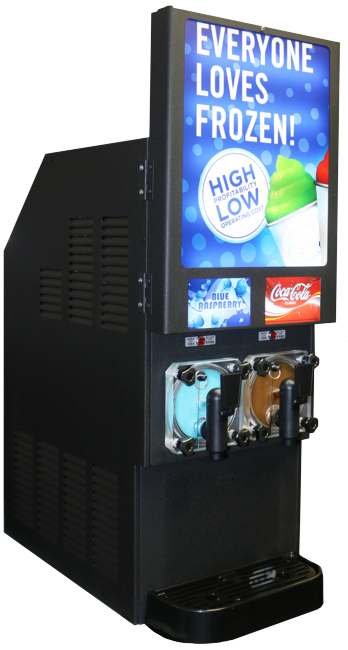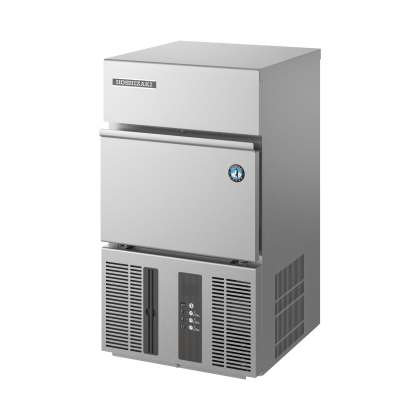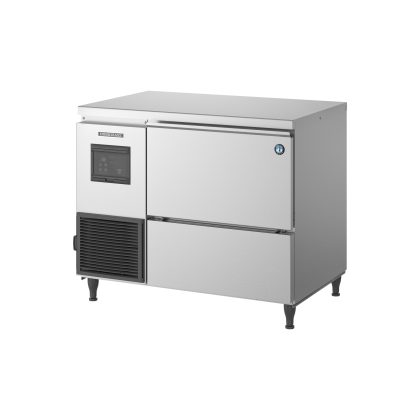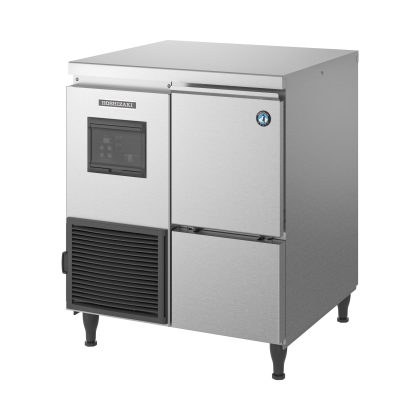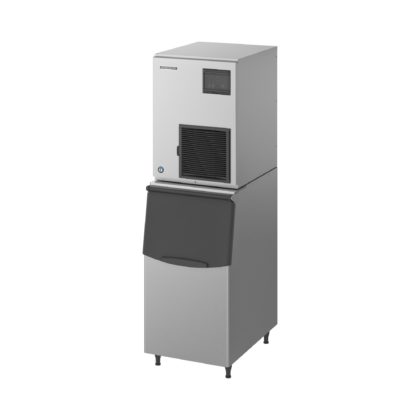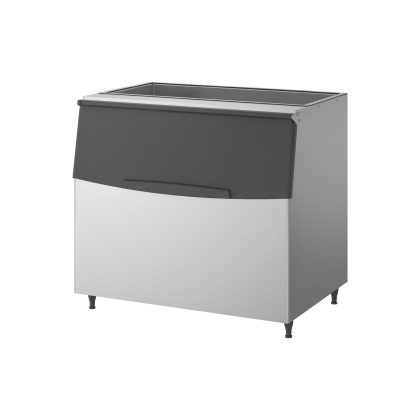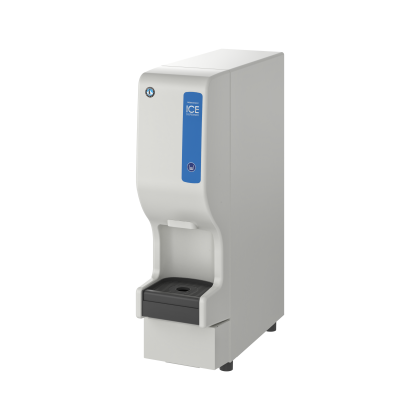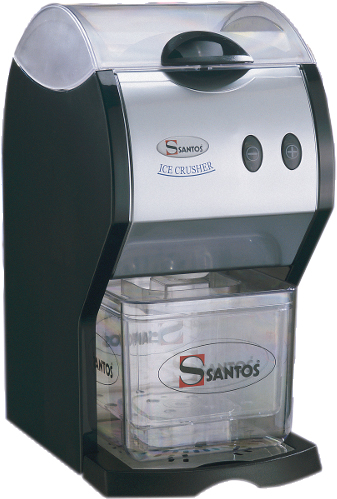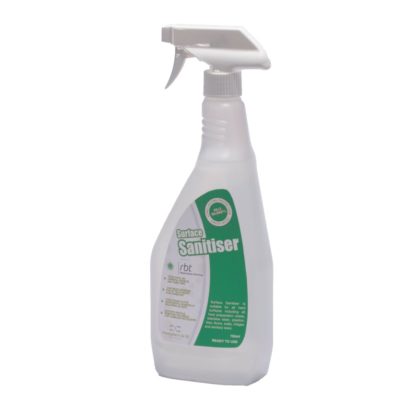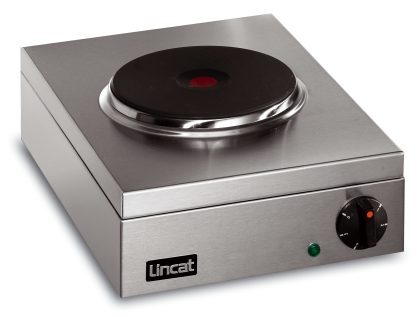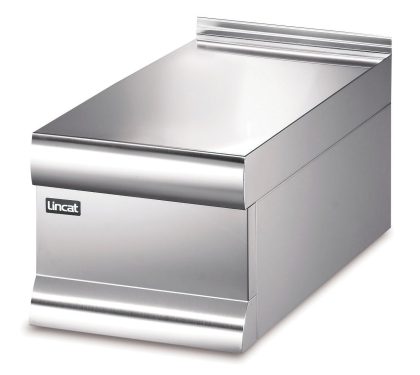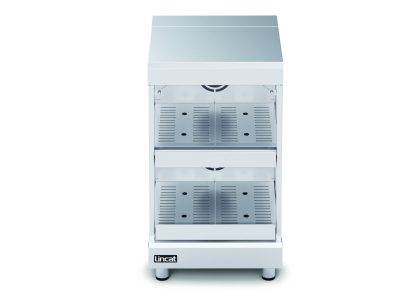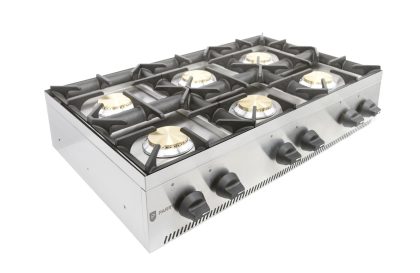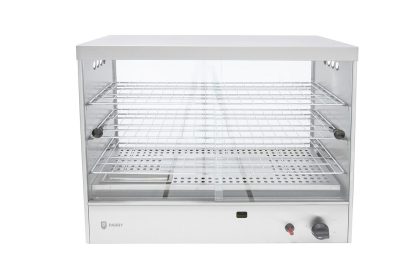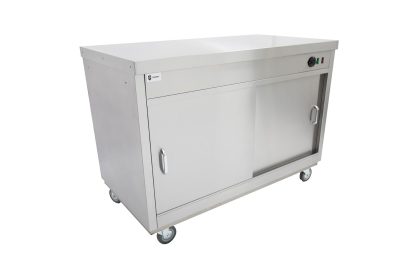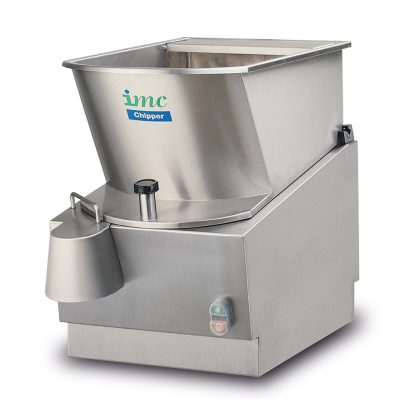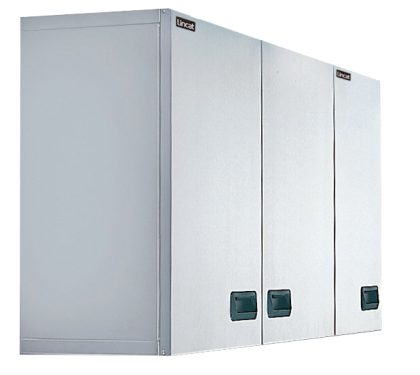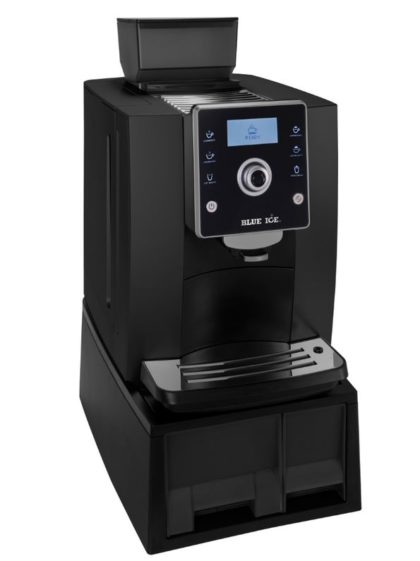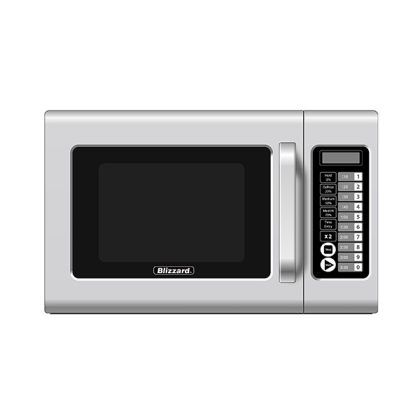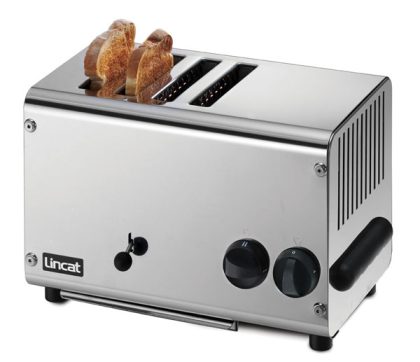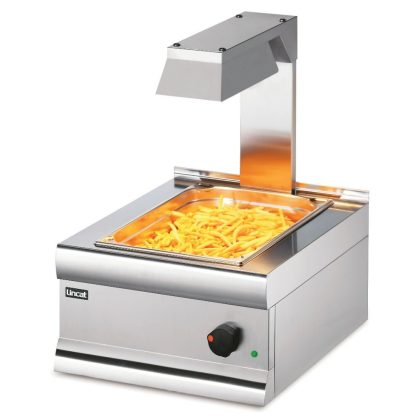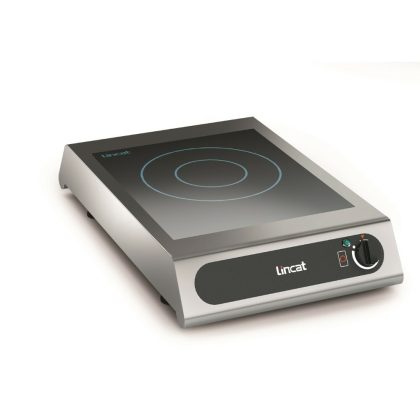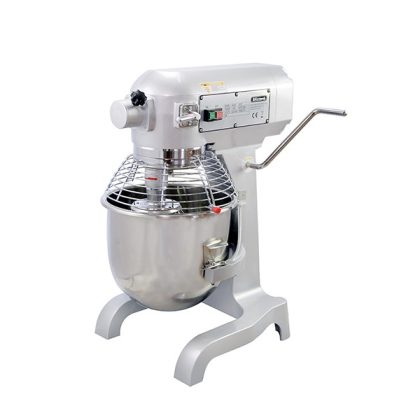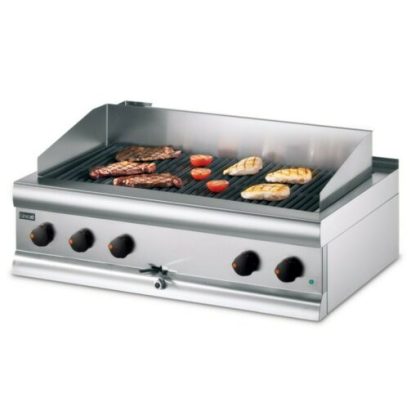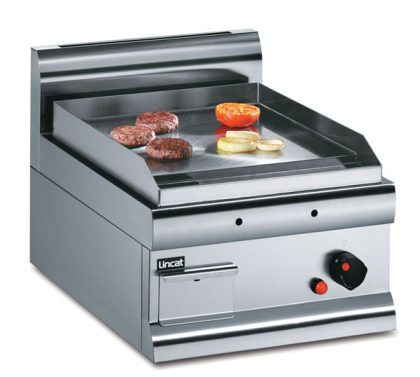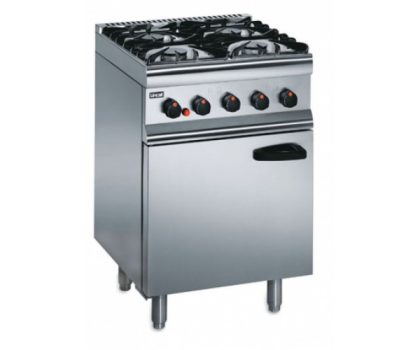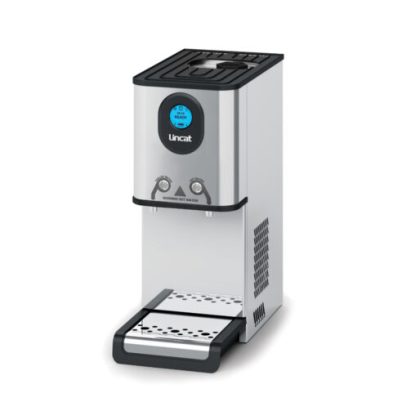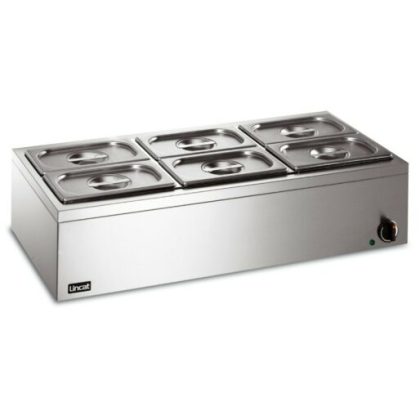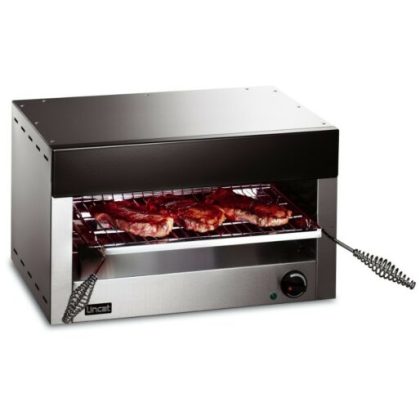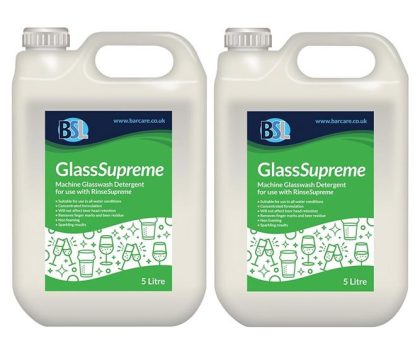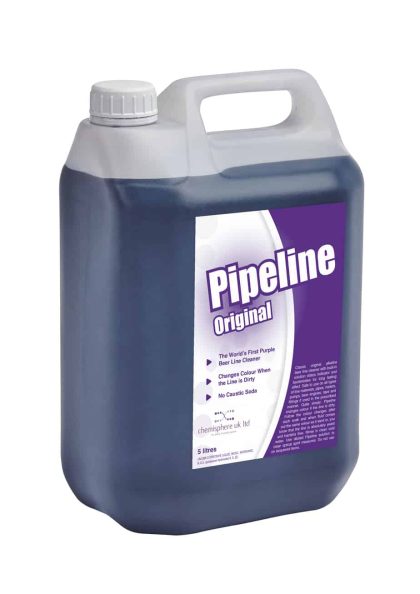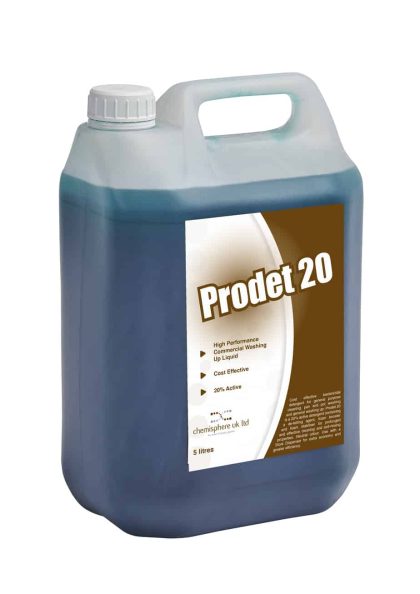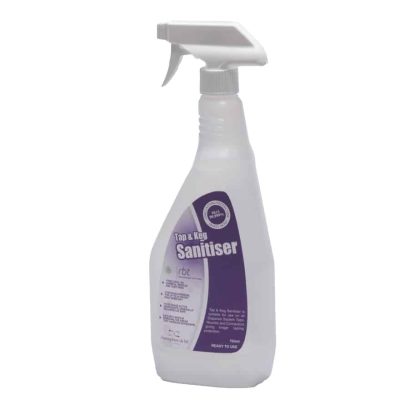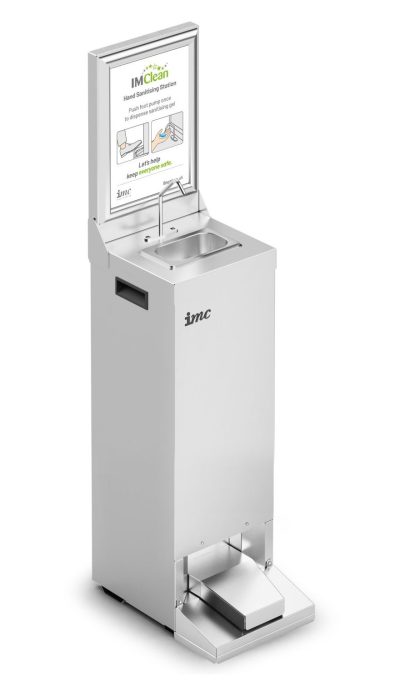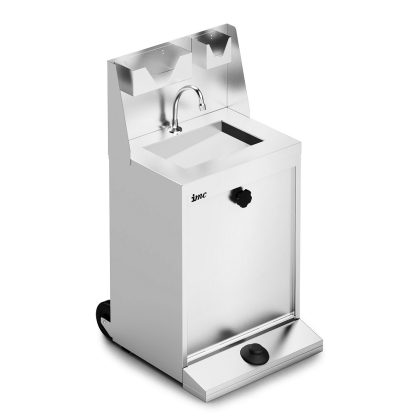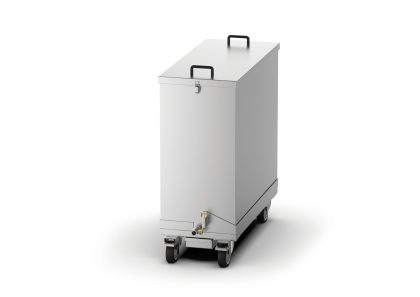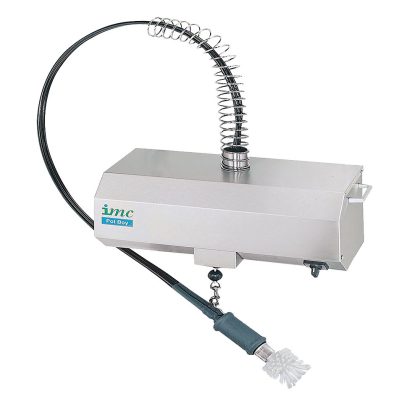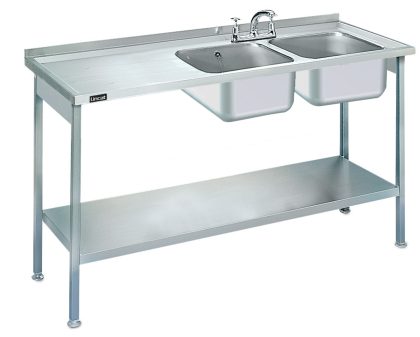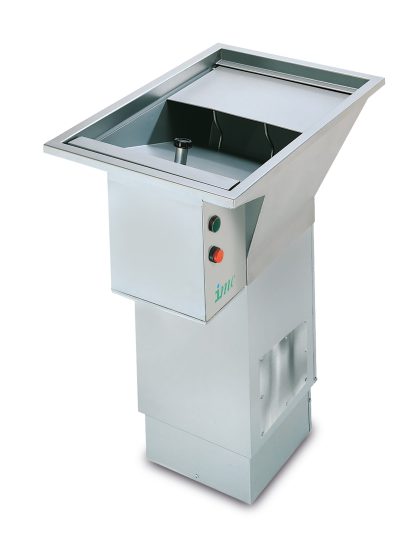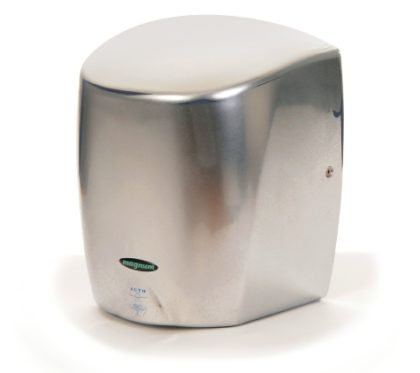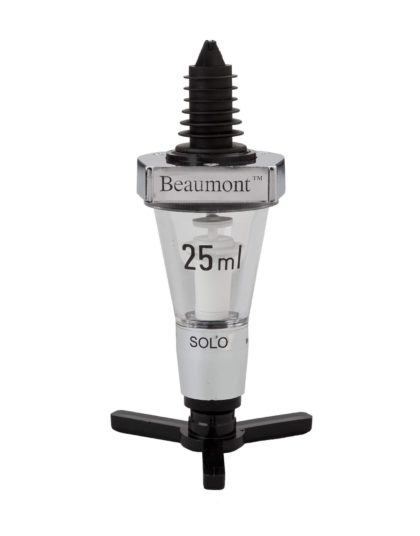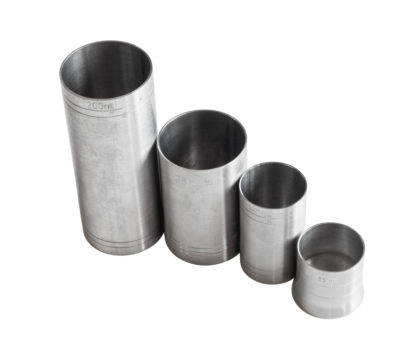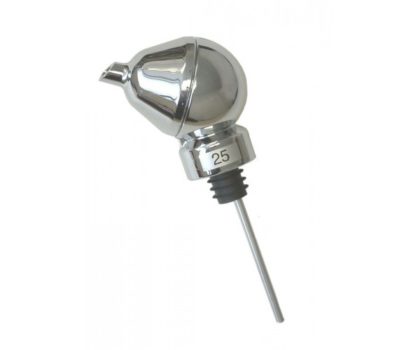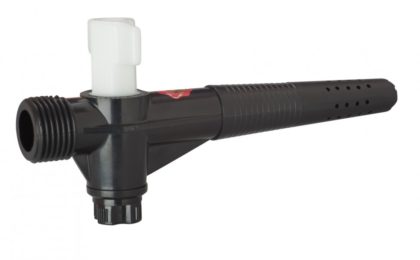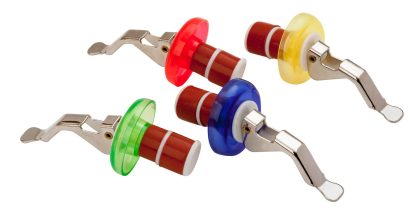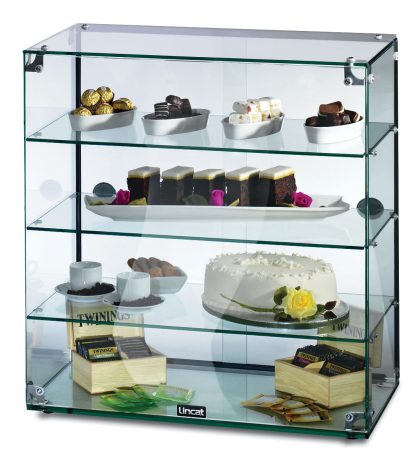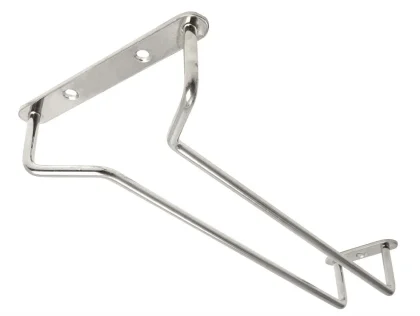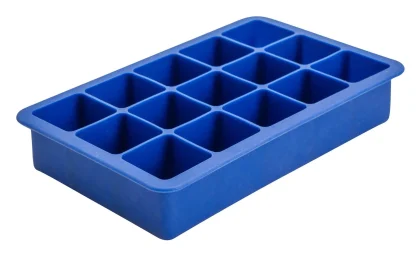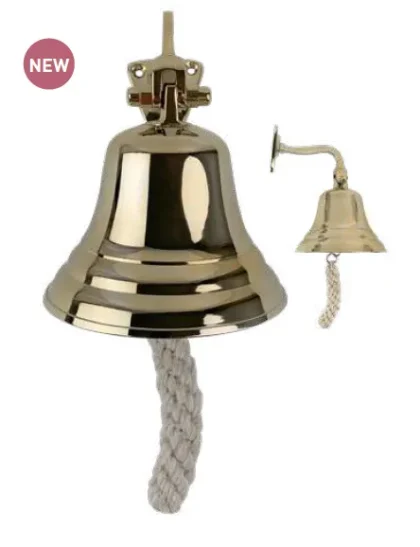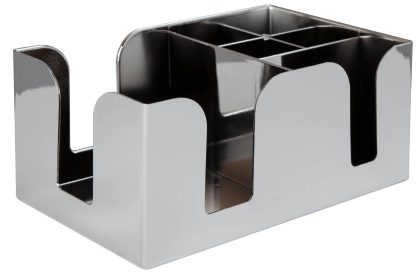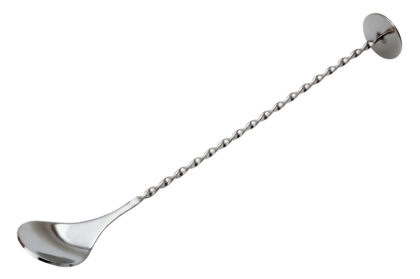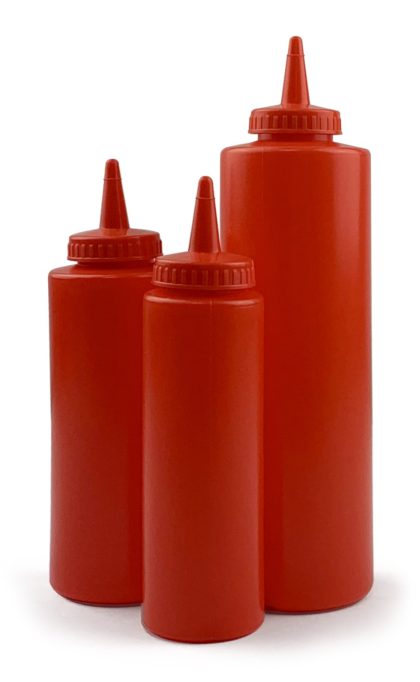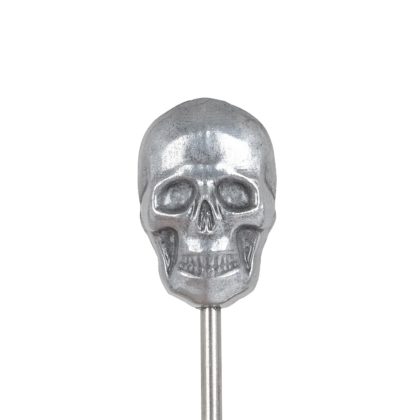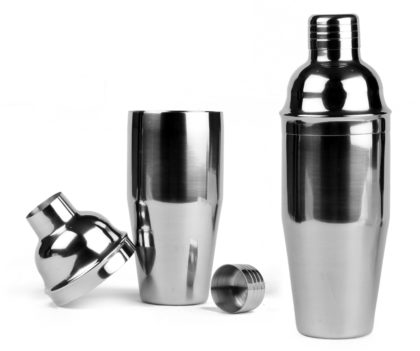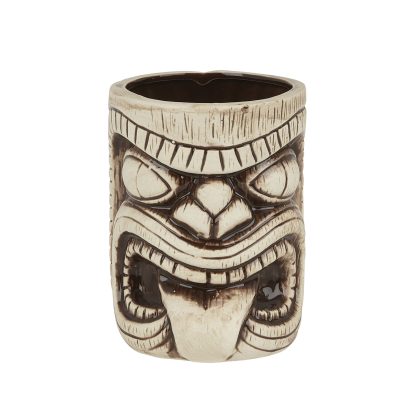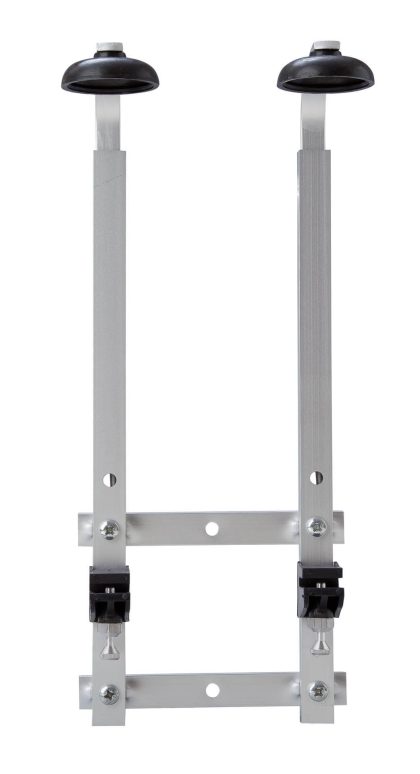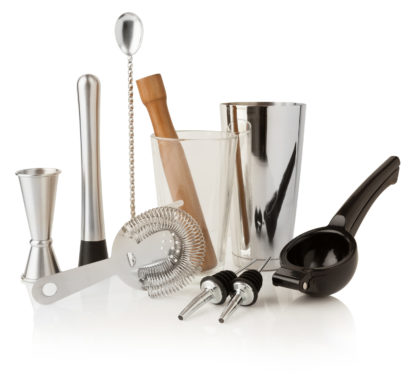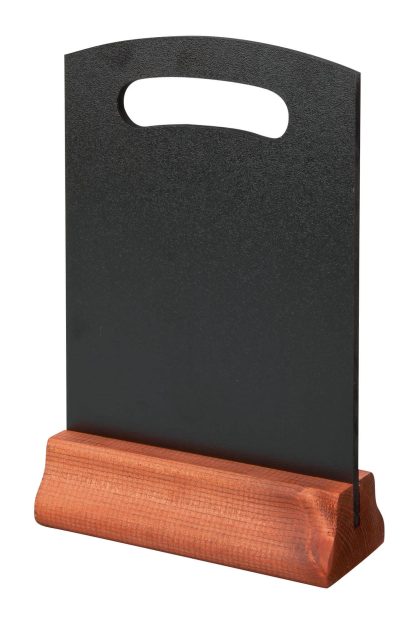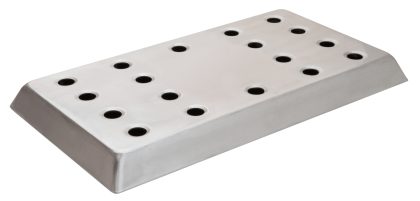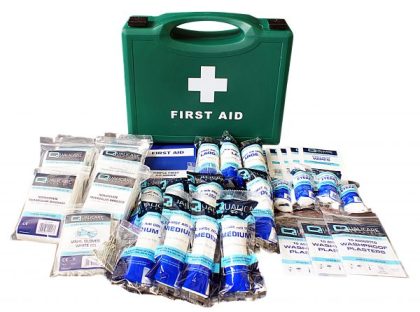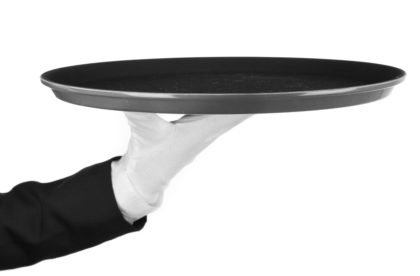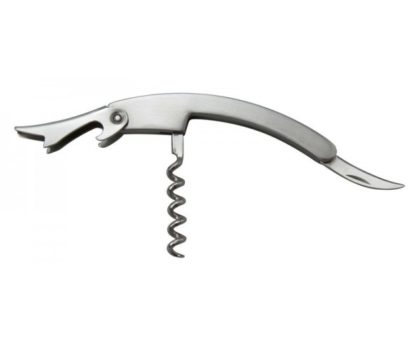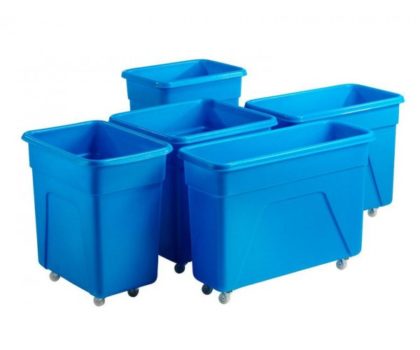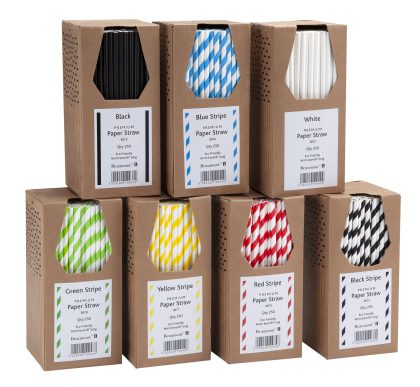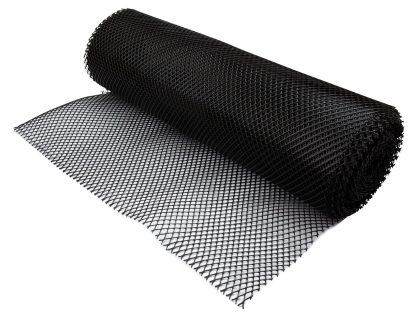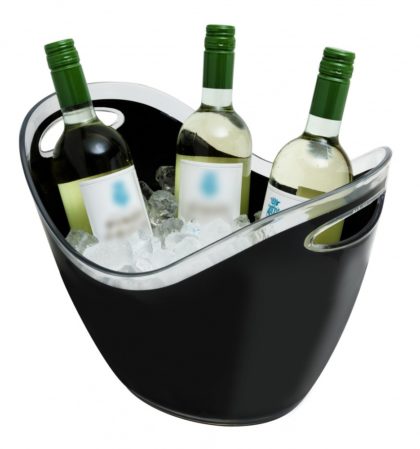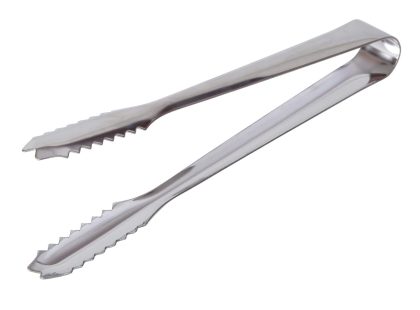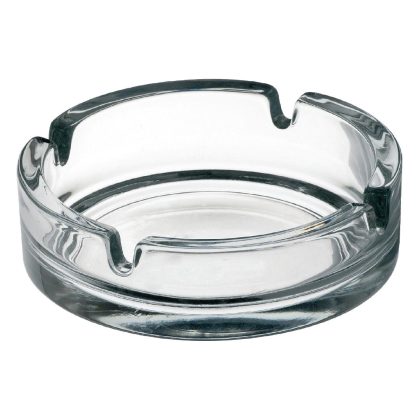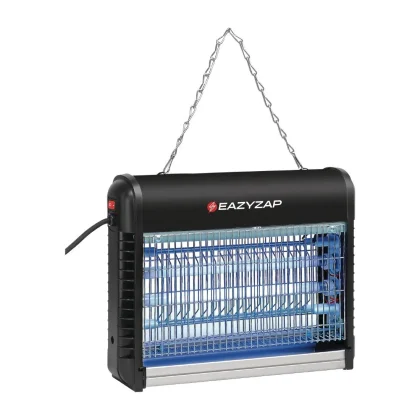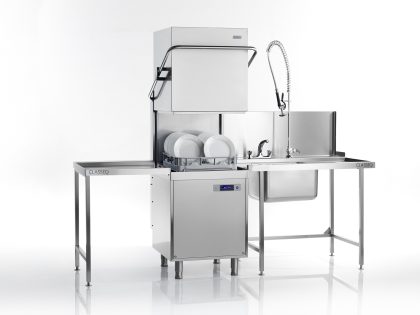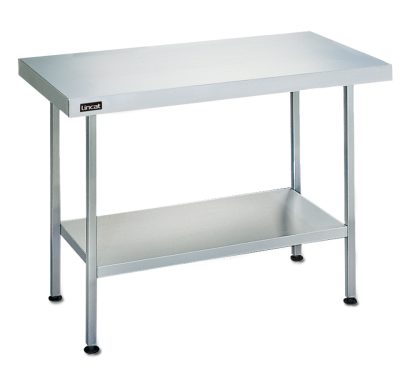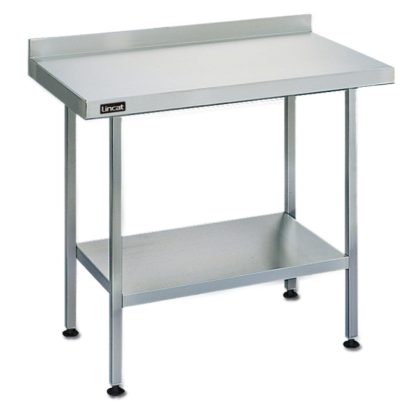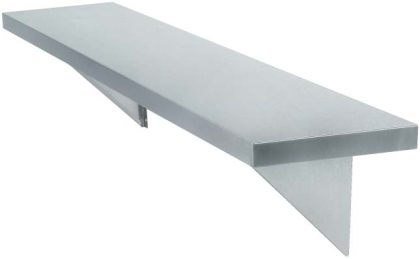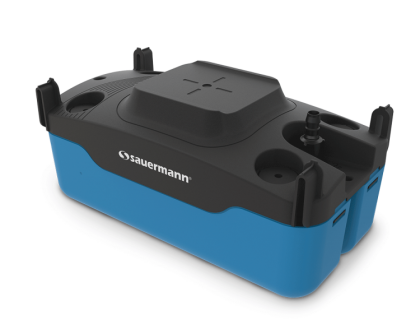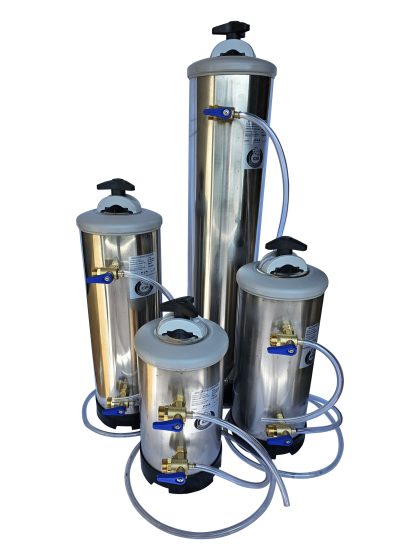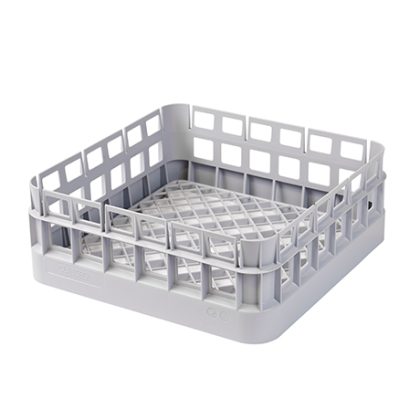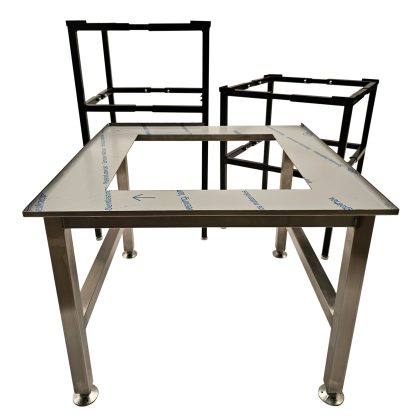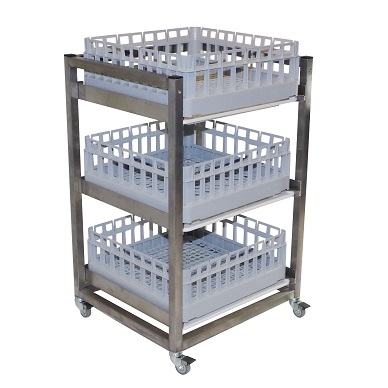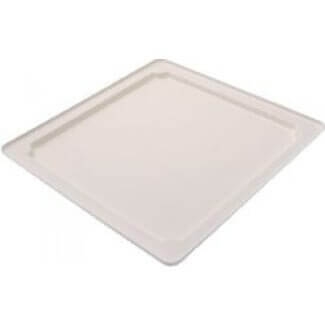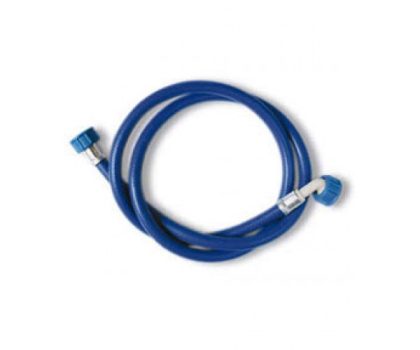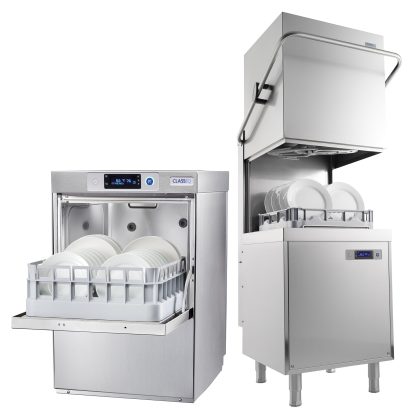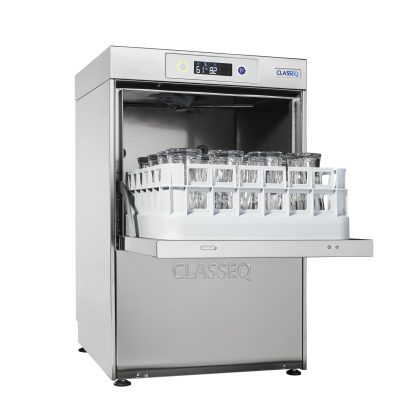FAQs
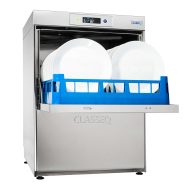
Frequently Asked Questions about “Classeq Commercial Dishwashers”
Learn more about the key differences between commercial and domestic dishwashers, including their lifespan, water usage, and drying capabilities. Discover whether a commercial dishwasher is suitable for home use. How long cycles take, and why they are built for efficiency in high-demand kitchens. Plus, find out what makes commercial dishwashers a smart investment for any professional setting.
Learn everything you need to know about commercial dishwashers. From water usage and venting to cleaning performance, discover why these machines are built for high volume environments and how to keep them running smoothly. Check out Barcare’s range of reliable commercial dishwashers for optimal performance.
Find answers to common questions about commercial dishwashers, from their lifespan and installation at home to how they compare with residential models. Learn about water efficiency, drying capabilities, and the importance of proper maintenance for long-lasting performance. Find out Barcare’s range of commercial dishwashers for the best options suited to your needs.
This post answers all your questions about commercial dishwashers, from their lifespan and energy efficiency to how to choose the right model for your kitchen. Learn about installation costs, water usage, drying options, and differences between commercial and residential dishwashers. Get the details on Barcare’s range of high-quality commercial dishwashers, designed for durability and efficiency in high-volume settings.
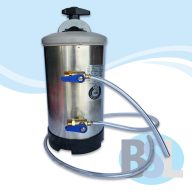
Frequently Asked Questions about “Water Softeners”
Water softener removes hard minerals like calcium and magnesium from your water, preventing limescale buildup, reducing appliance wear, and improving skin and hair health. In this FAQ’s post, we will explore quality water softeners.
Installing a water softener is a great option if you have hard water, as it prevents limescale buildup, protects appliances, and can improve skin and hair health. While softened water contains added sodium, it’s safe to drink unless you’re on a low-sodium diet. Despite some downsides like potential pipe corrosion and environmental impact, the benefits—such as extended appliance life and reduced maintenance—often make it a worthwhile investment. Check out Barcare’s options to find the right model for your home.
Water softeners are effective, especially in the UK, by preventing limescale buildup, protecting appliances, and reducing cleaning time. They are safe to drink from, though they contain added sodium, which may not suit those on low-sodium diets. While there are some downsides like maintenance costs and potential pipe corrosion, the long-term benefits, including extended appliance life and improved water quality, make them a smart investment. Explore affordable options at Barcare.
Water softeners in the UK are worth the investment, especially in hard water areas. They reduce limescale, protect appliances, and make cleaning easier. While installation can vary in cost, running a softener typically costs £30-£70 annually. Though there are some downsides, like sodium increase and maintenance. Barcare offers affordable, efficient options that provide long-term savings and improved water quality.
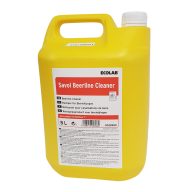
Frequently Asked Questions about “Beer Line Cleaner”
Beer line cleaners typically use specialized cleaning solutions designed to remove residue, bacteria, and mineral deposits that can accumulate in beer lines. Commonly, alkaline and acidic cleaners are alternated to break down both organic material and mineral buildup.
Keeping your beer lines clean is important for maintaining the best taste and quality of every pour. In this FAQ’s post, we’ll cover the best methods for cleaning beer lines, including recommended cleaning schedules, step-by-step instructions, and tips on choosing the right cleaning solutions. Whether you’re a bar owner or home brewer these tips will help you serve fresh, great-tasting beer every time!
If you’re out of beer line cleaner or looking for alternative solutions, this FAQ’s post provide substitutes that can keep your lines fresh and bacteria-free. We’ll cover safe, affordable options, including household items and common cleaning agents, and discuss how each compares to standard beer line cleaner for maintaining taste and quality. Perfect for home brewers and bar owners alike!
Thinking if you can leave beer line cleaner sitting in your lines? In this FAQ’s post, we’ll explain why it’s important to avoid extended exposure to cleaning chemicals, how long you should let cleaner sit, and the impact on taste and safety. Learn the best practices for safe and effective beer line maintenance to keep every pour fresh and flavorful!

